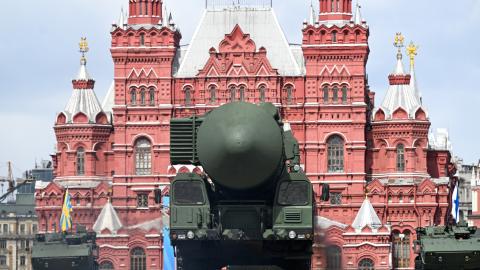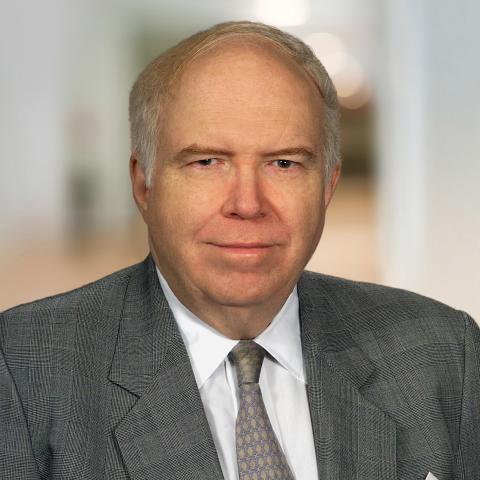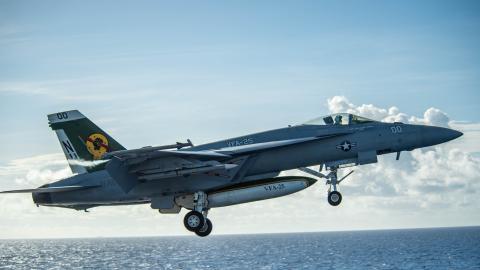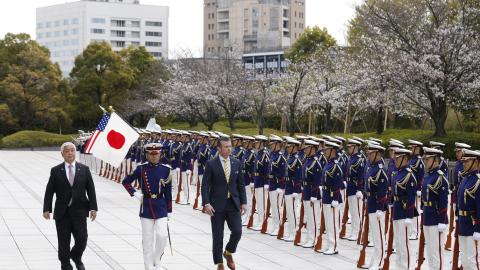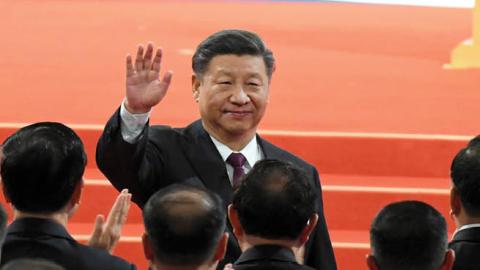Xi Jinping stunned the world over the weekend. The Chinese leader’s Oct. 9 speech left no doubt about his commitment to the ultimate incorporation of Taiwan into the People’s Republic of China. But it was what President Xi didn’t say, and the context in which he didn’t say it, that mattered most.
Tension over Taiwan has been mounting for months. In a major speech commemorating the 100th anniversary of the founding of the Chinese Communist Party, delivered in Tiananmen Square in July, Mr. Xi promised to “utterly defeat” any attempt toward Taiwanese independence. In a letter congratulating Eric Chu on his election as leader of Taiwan’s main opposition party, Mr. Xi called the situation on the island “complex and grim.” Over the weekend of China’s Oct. 1 National Day, a record 149 Beijing military aircraft crossed into the island’s air-defense identification zone.
The reasons for Beijing’s ire aren’t hard to find. Weeks after Australia helped form the Aukus partnership, former Australian Prime Minister Tony Abbott paid a visit to Taiwan. A French senator visiting the island called Taiwan a country. Japan’s incoming prime minister announced that longtime pro-Taiwan politician Nobuo Kishi will keep the defense portfolio in the new government. This month, a large Taiwanese delegation is scheduled to visit Eastern and Central Europe, where Lithuania has drawn Beijing’s ire by allowing Taiwan to open a diplomatic office. A recent six-nation joint naval exercise in the Philippine Sea was intended to signal growing allied resolve.
Read the full article in the Wall Street Journal
